Abstract
Inflammatory bowel diseases (IBD) are chronic conditions that pose serious health risks and significantly impact global economic development. IBD includes Crohn’s disease and ulcerative colitis (UC). UC affects the rectum and may involve part of the colon or the entire colon in a continuous pattern. The purpose of this article is to provide scientific insights into the biological roles, pharmacological activities, and related molecular mechanisms of phytochemicals with anti-colitis potential. To highlight the health benefits of phytochemicals in treating colitis, the present work summarizes scientific findings on various classes of phytochemicals with significant therapeutic effects. Scientific data on the anti-colitis potential of phytochemicals were collected from multiple literature databases. Furthermore, the pharmacological activities of these phytochemicals are discussed to understand their biological potential in colitis treatment. Analysis of the scientific data underscores the medical importance of phytochemicals with anti-colitis properties. Phytochemicals have shown significant effects on colitis. Their molecular mechanisms are also described in this study. The paper presents the anti-colitis potential of compounds such as atractylodin, karanjin, liriodendrin, norisoboldine, okanin, trifolirhizin, phillygenin, sauchinone, oxyberberine, obacunone, ginsenoside Rb1, berberine, arjunolic acid, and curculigoside. The molecular mechanisms of these phytochemicals are also discussed. The presented information will benefit researchers from various disciplines investigating the anti-colitis properties of these compounds. The scientific data in this paper highlight the biological significance of phytochemicals in the treatment of colitis.

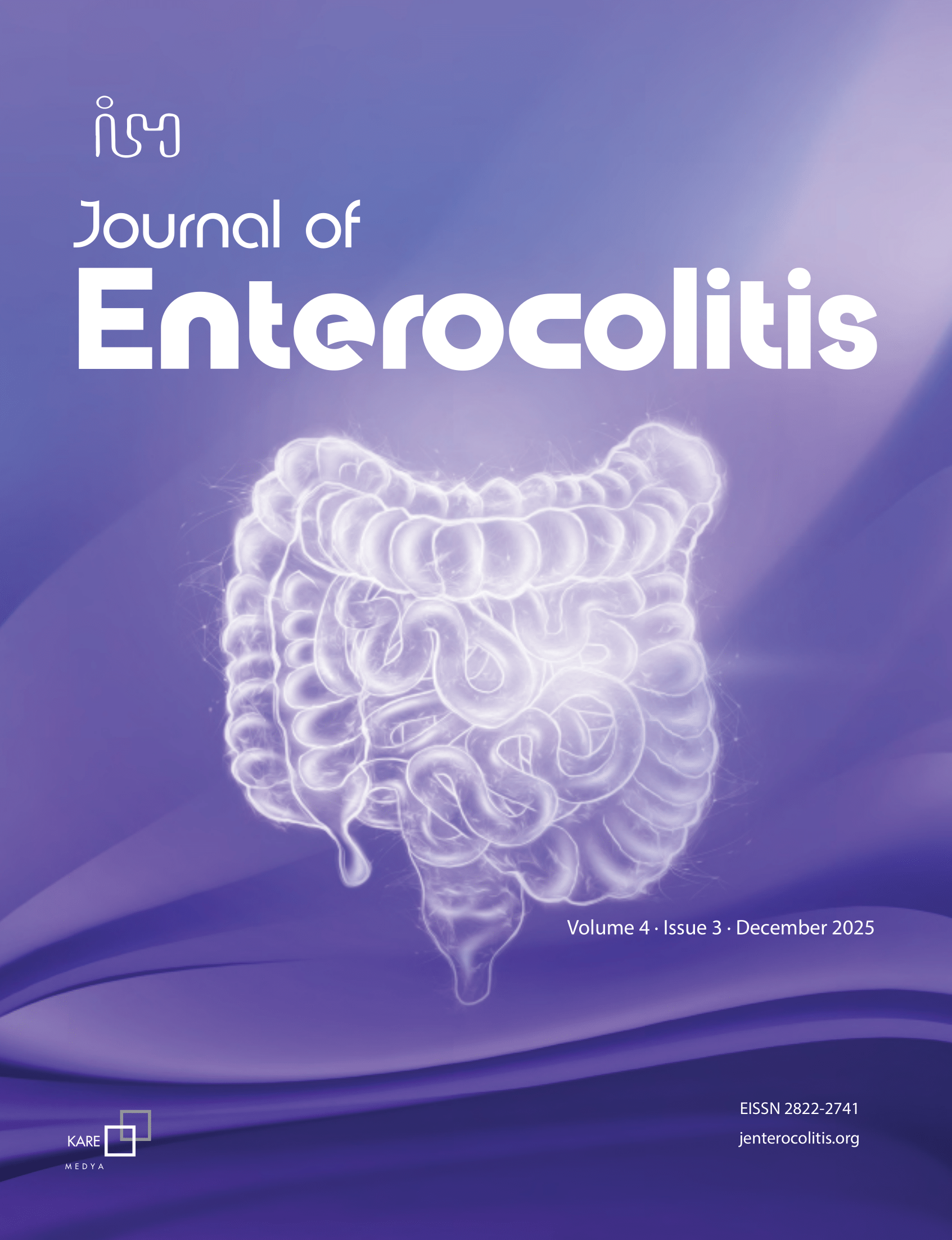
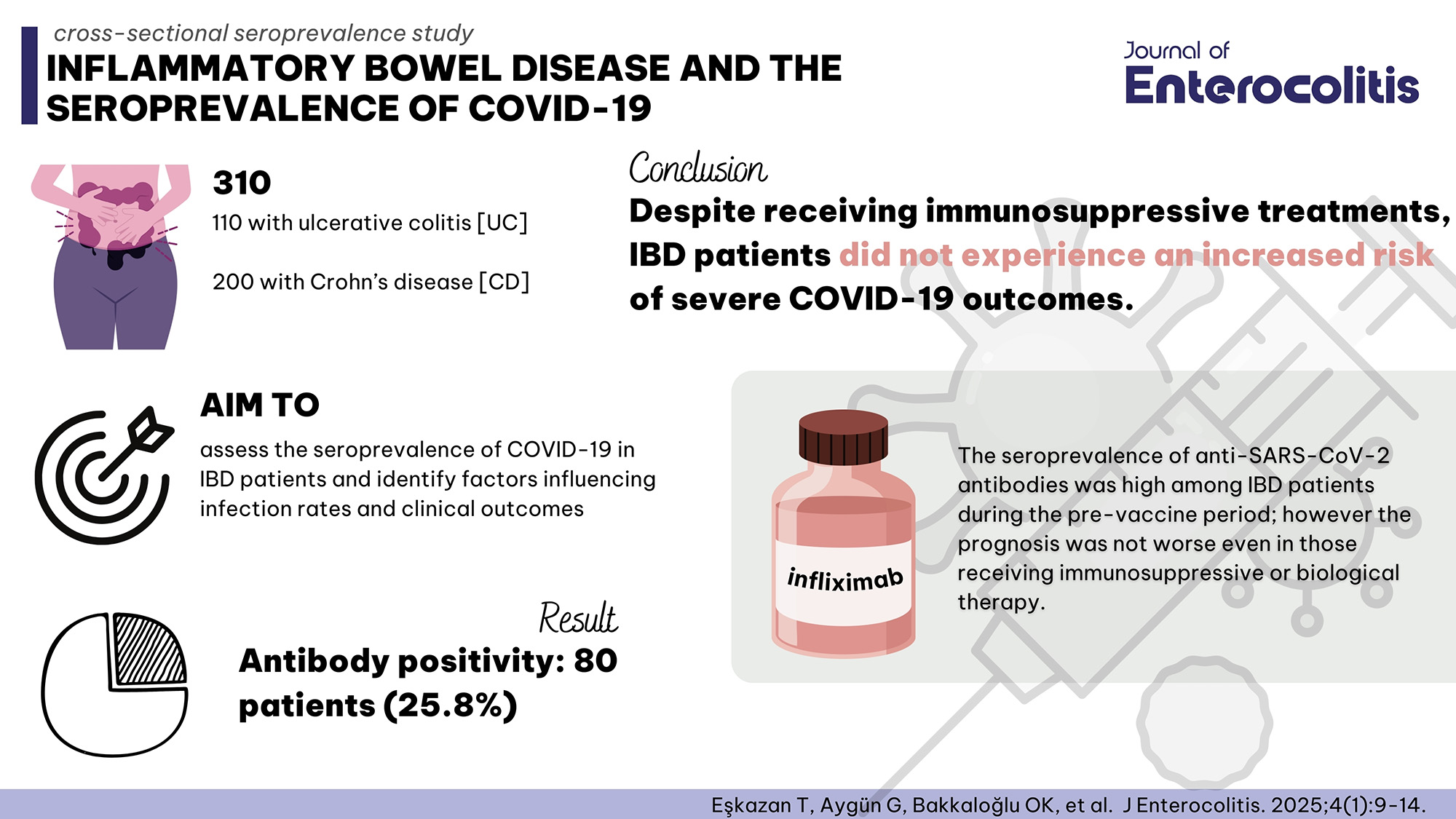
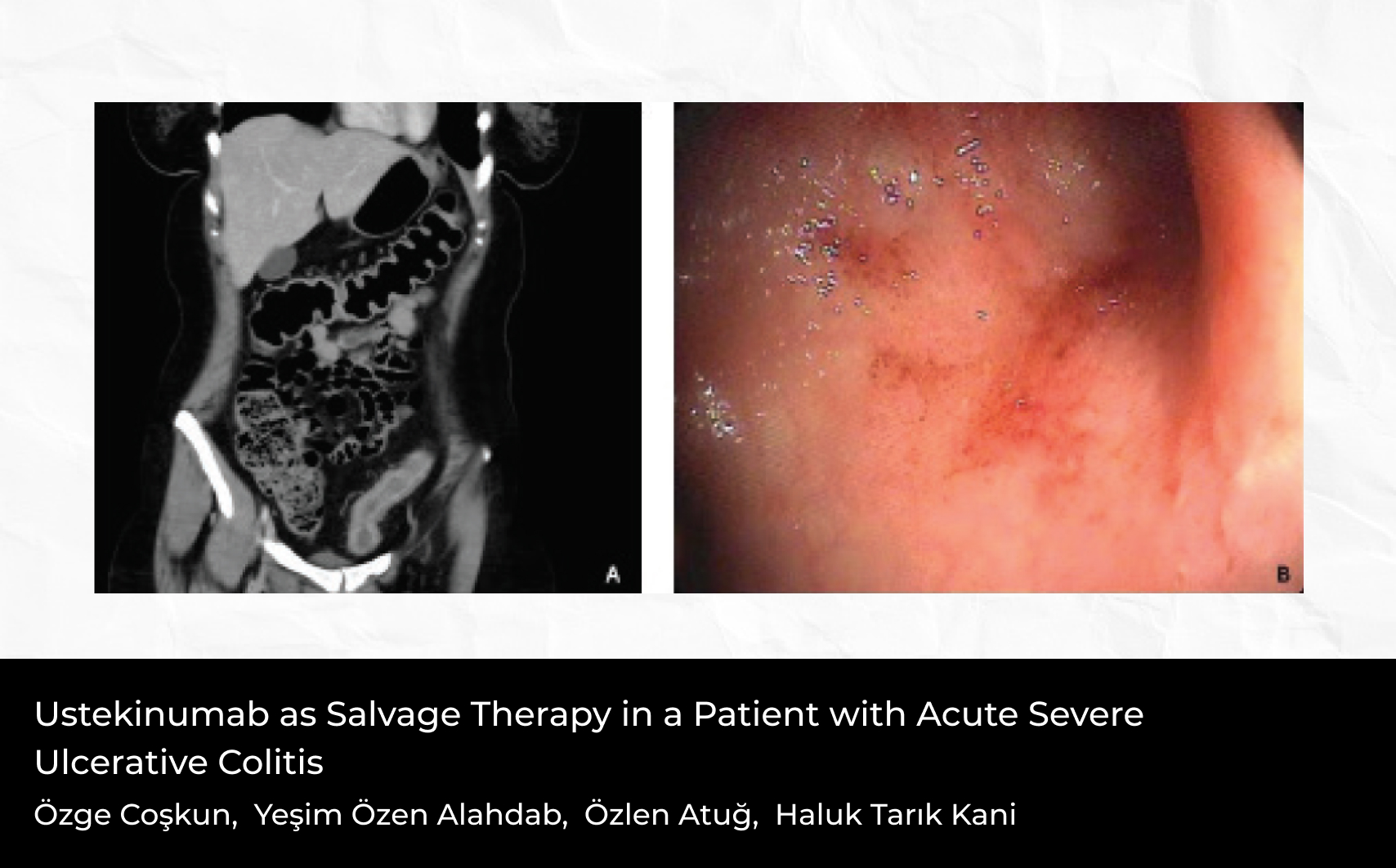
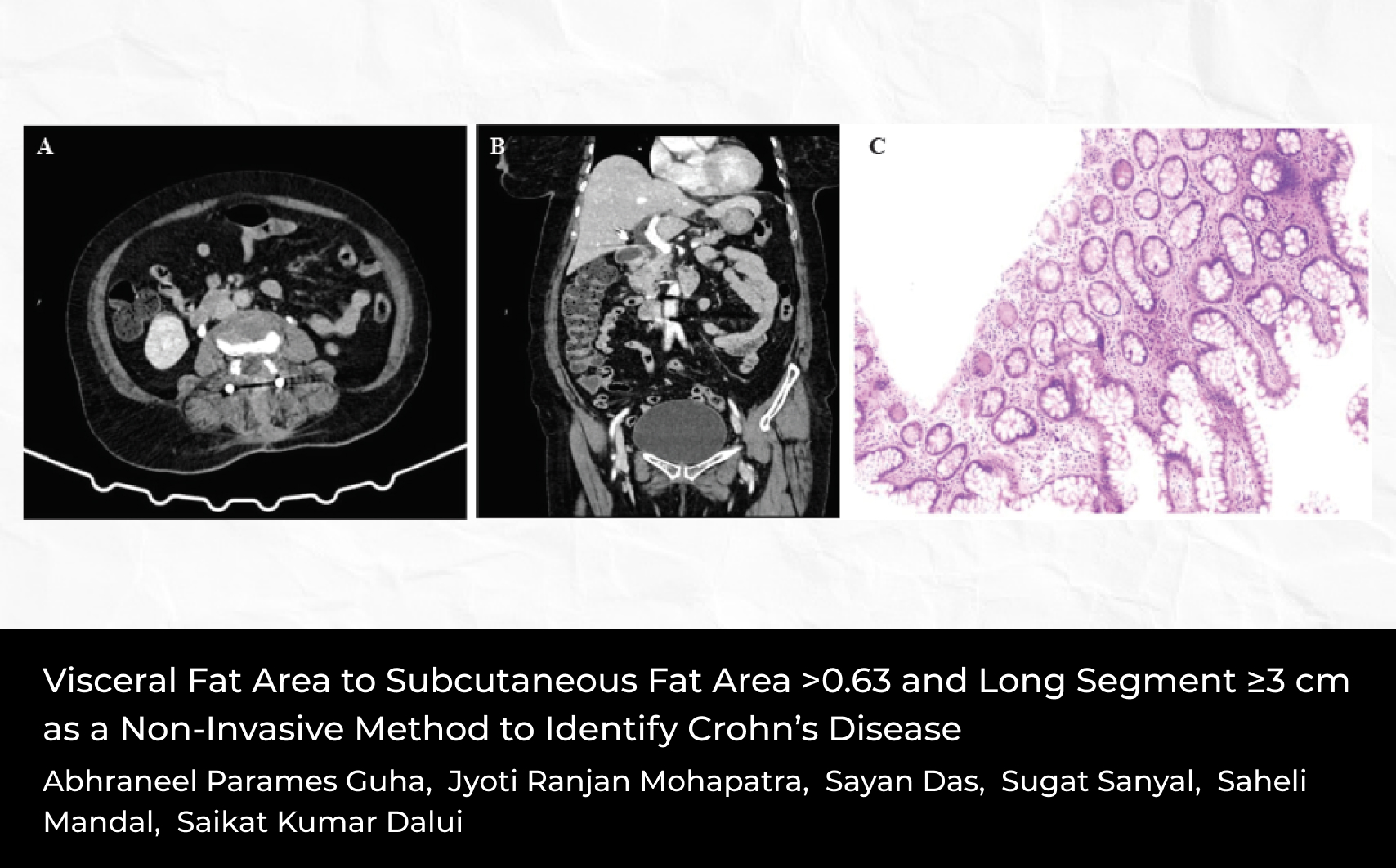
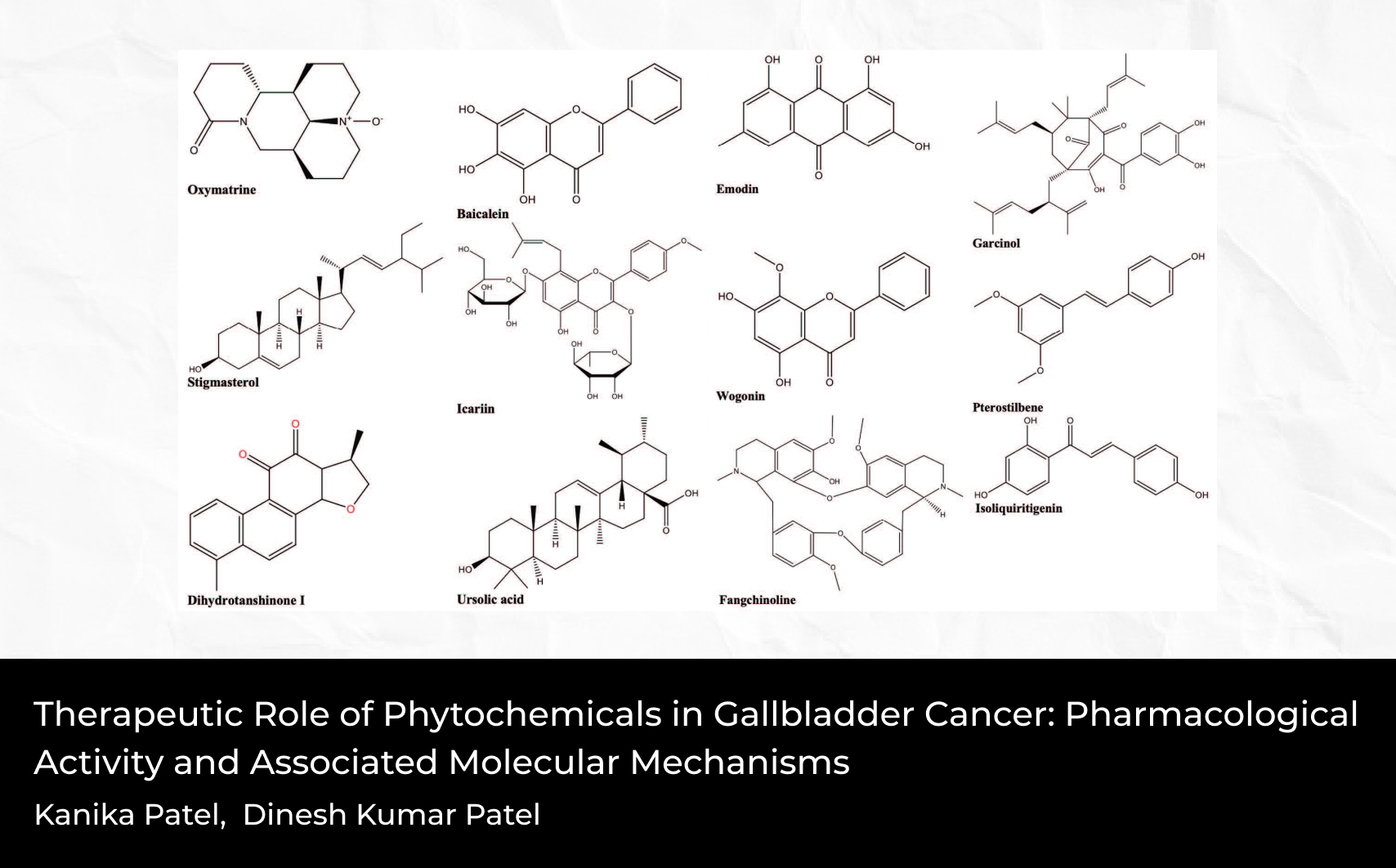
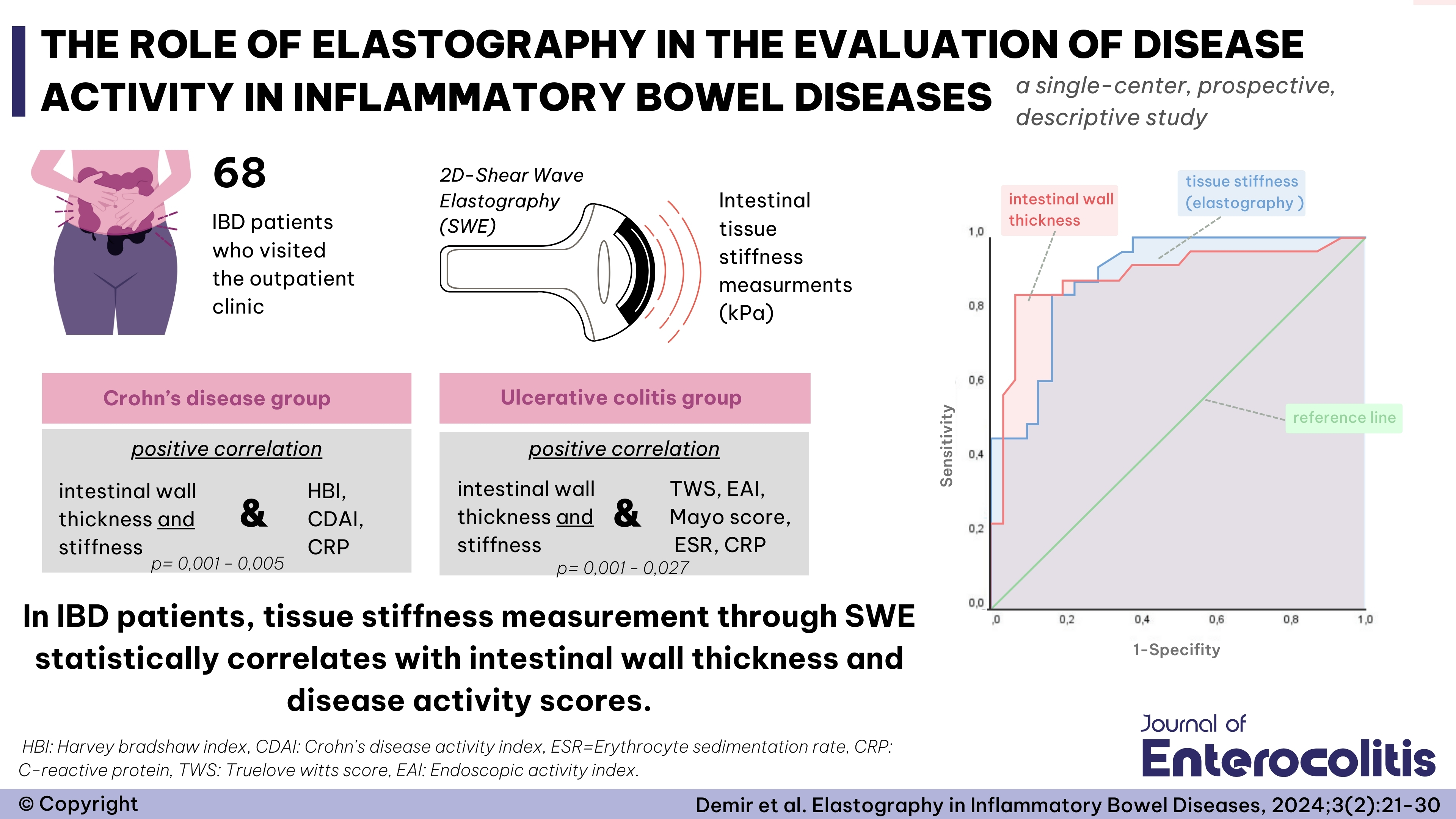
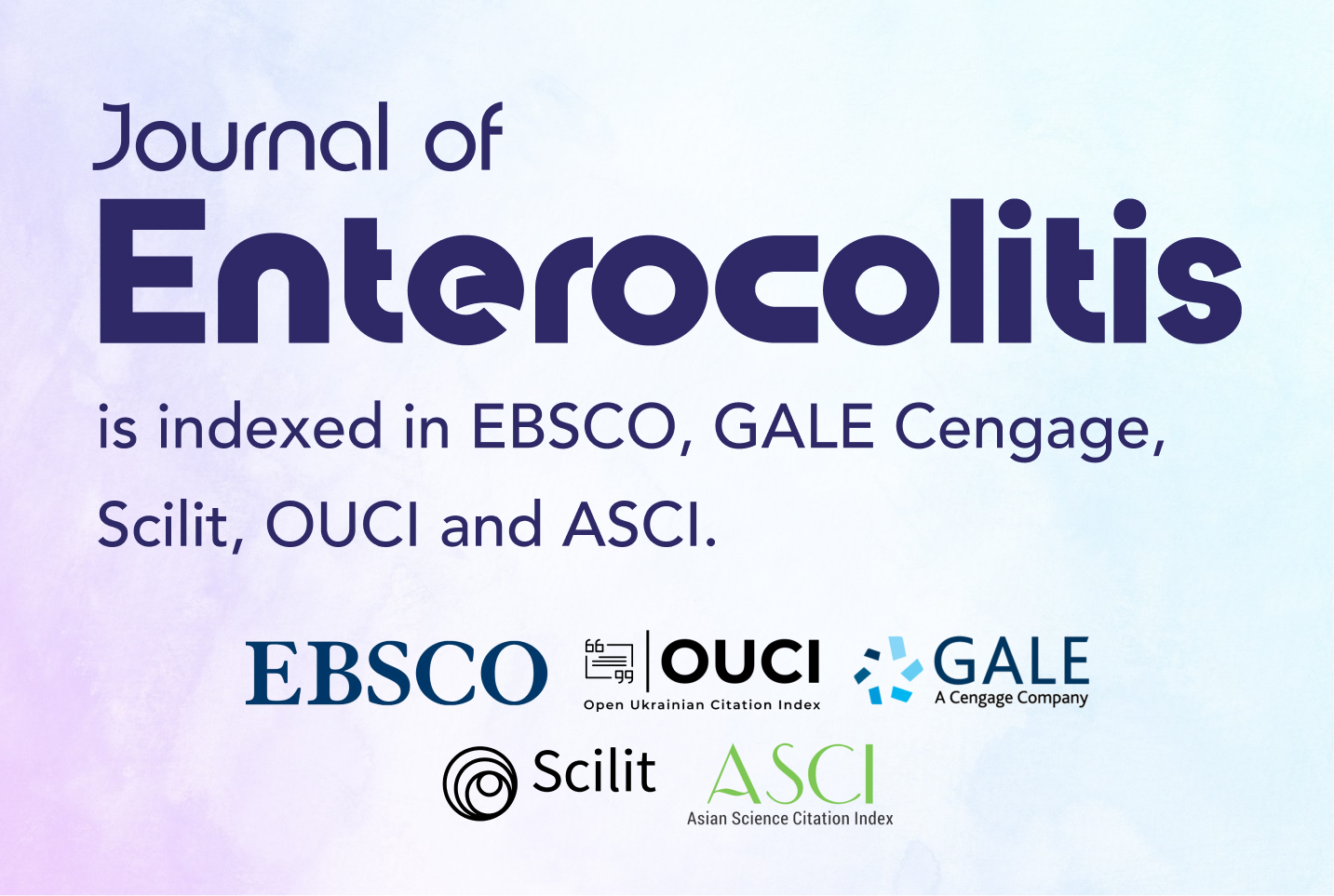
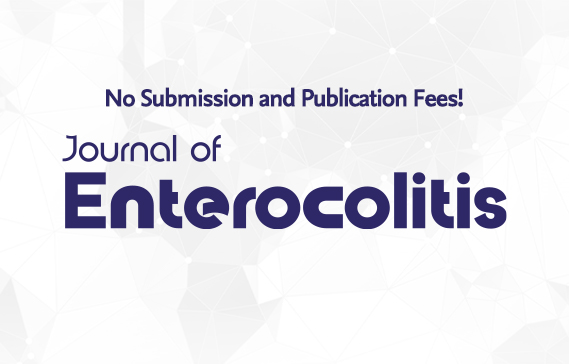
 Dinesh Kumar Patel1
Dinesh Kumar Patel1 






